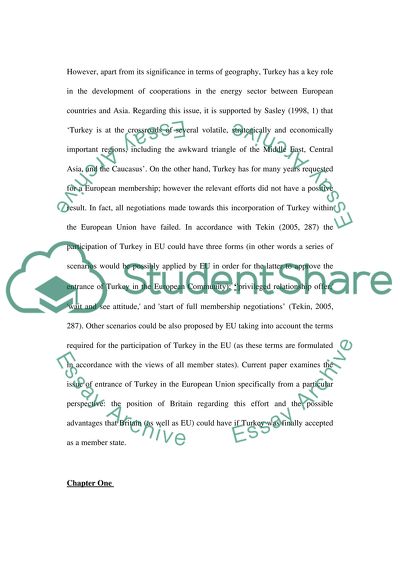Cite this document
(“Why does Britain want Turkey in the EU Essay Example | Topics and Well Written Essays - 4500 words”, n.d.)
Retrieved from https://studentshare.org/politics/1542675-why-does-britain-want-turkey-in-the-eu
Retrieved from https://studentshare.org/politics/1542675-why-does-britain-want-turkey-in-the-eu
(Why Does Britain Want Turkey in the EU Essay Example | Topics and Well Written Essays - 4500 Words)
https://studentshare.org/politics/1542675-why-does-britain-want-turkey-in-the-eu.
https://studentshare.org/politics/1542675-why-does-britain-want-turkey-in-the-eu.
“Why Does Britain Want Turkey in the EU Essay Example | Topics and Well Written Essays - 4500 Words”, n.d. https://studentshare.org/politics/1542675-why-does-britain-want-turkey-in-the-eu.


